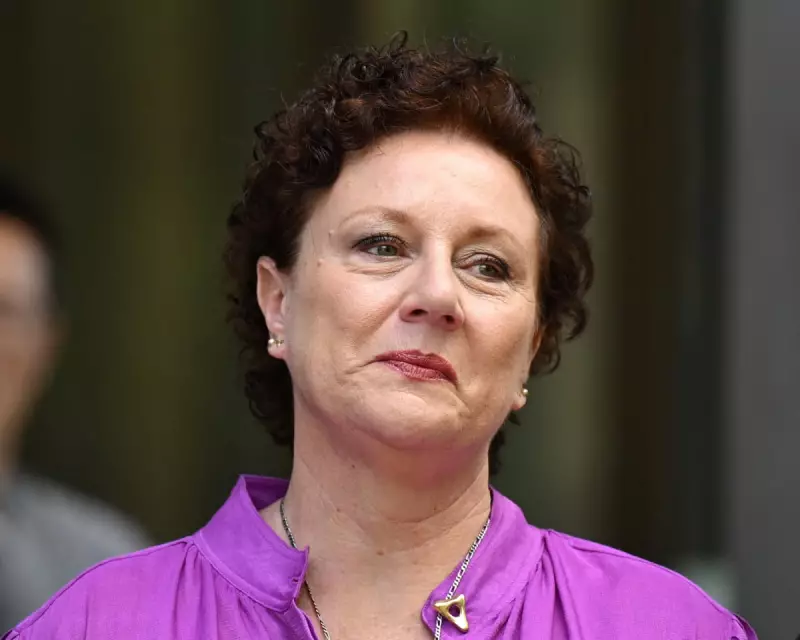
Kathleen Folbigg, the Australian woman wrongfully convicted of killing her four children, has finally been awarded compensation after spending two decades behind bars. Her convictions were overturned last year following new scientific evidence that cast doubt on the original verdict.
Folbigg, now 56, was pardoned and released in June 2023 after an inquiry found there was reasonable doubt about her guilt. The case, which once saw her labelled as 'Australia's worst female serial killer', has become a landmark example of a miscarriage of justice.
A Long Road to Justice
The compensation decision marks the end of a 20-year battle for Folbigg, who maintained her innocence throughout. Her four children - Caleb, Patrick, Sarah and Laura - died separately between 1989 and 1999, aged between 19 days and 19 months.
At her 2003 trial, prosecutors argued the deaths were suspicious and that Folbigg had smothered the children. However, recent genetic research identified a rare mutation that could explain the deaths of two daughters, while medical experts suggested natural causes for the sons' deaths.
System Failure Recognised
The case has prompted widespread scrutiny of Australia's legal system. Folbigg's supporters argue that flawed forensic evidence and gender bias contributed to her wrongful conviction.
While the exact compensation amount remains confidential, legal experts suggest it could be among the largest in Australian history for a wrongful conviction case. The payment acknowledges both the years lost and the damage to Folbigg's reputation.
Ongoing Impact
Folbigg's case continues to influence discussions about criminal justice reform in Australia. Advocates are calling for better safeguards against wrongful convictions, particularly in cases relying on circumstantial evidence.
The New South Wales government has apologised for the miscarriage of justice, with Attorney General Michael Daley stating: 'We owe Kathleen Folbigg a debt for the failure of the system.'





